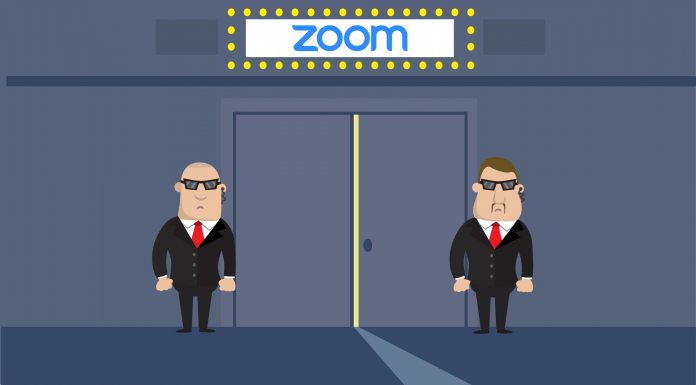What a few weeks its been for Zoom. The video conferencing service has gone from a growing tool in the enterprise world to one of the world's most used communication apps. Amid the COVID-19 pandemic, tens of millions of workers and individuals are using the service to connect. However, rising to the stratosphere in the space of a few weeks has not been without its problems.
In a blog post today, Zoom CEO Eric S. Yuan apologized for the variously issues the service has faced in the coming weeks. To help prevent any more issues, Yuan says the company has frozen all new features for 90 days. The aim is to relax the burden on its developers and allow them to work on fixes.
“For the past several weeks, supporting this influx of users has been a tremendous undertaking and our sole focus. We have strived to provide you with uninterrupted service and the same user-friendly experience that has made Zoom the video-conferencing platform of choice for enterprises around the world, while also ensuring platform safety, privacy, and security. However, we recognize that we have fallen short of the community's – and our own – privacy and security expectations. For that, I am deeply sorry, and I want to share what we are doing about it.”
A series of issues have befallen the app over the last week. For example, bad actors have been infiltrating meetings and ZoomBoming participants. The company also removed data sharing with Facebook over concerns regarding GDPR rules.
Unprepared
This week it emerged a vulnerability has been found that allows hackers to get the Windows login details of users. In his blog post, Yuan admits the company was largely unprepared for the influx of users it is now seeing. He says the tool was an enterprise-first platform and individual users don't have the same security protection in place.
Yuan says the company never expected to become so popular and was not necessarily seeking individual personal users.
“We did not design the product with the foresight that, in a matter of weeks, every person in the world would suddenly be working, studying, and socializing from home. We now have a much broader set of users who are utilizing our product in a myriad of unexpected ways, presenting us with challenges we did not anticipate when the platform was conceived.”
More Explanation
In another blog post, the company was forced to explain some of its more controversial problems. Among them was seemingly being deceptive about end-to-end encryptions. In the post, the company offered another apology.
“While we never intended to deceive any of our customers, we recognize that there is a discrepancy between the commonly accepted definition of end-to-end encryption and how we were using it. This blog is intended to rectify that discrepancy and clarify exactly how we encrypt the content that moves across our network.”






